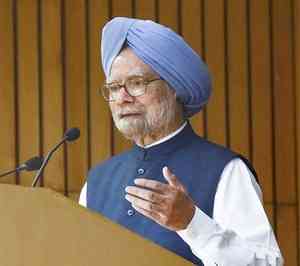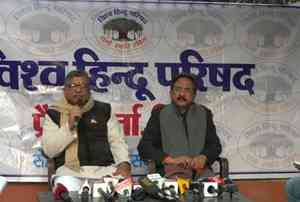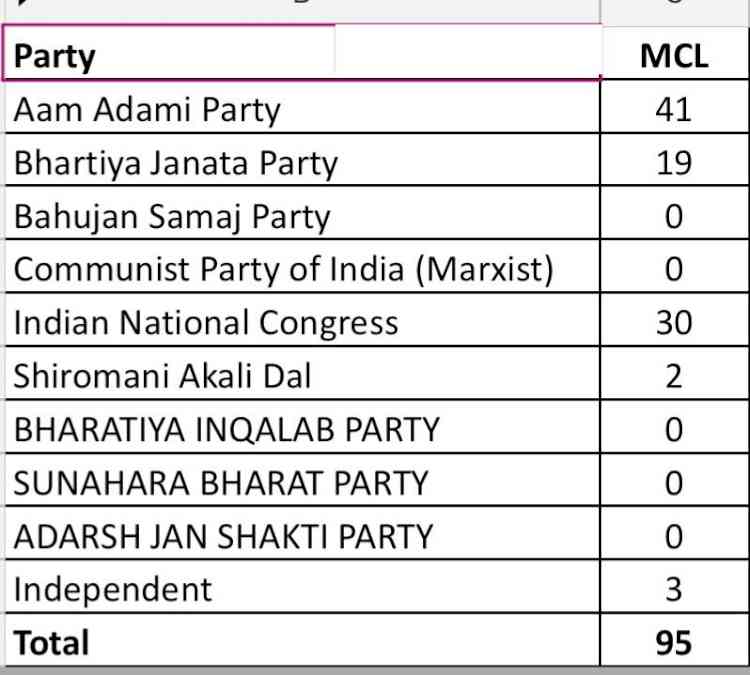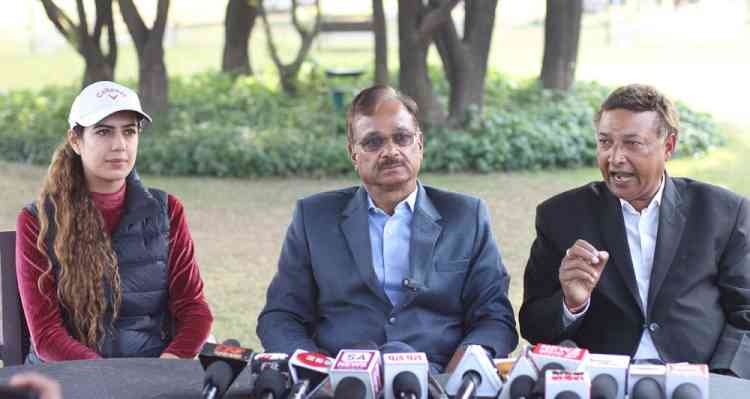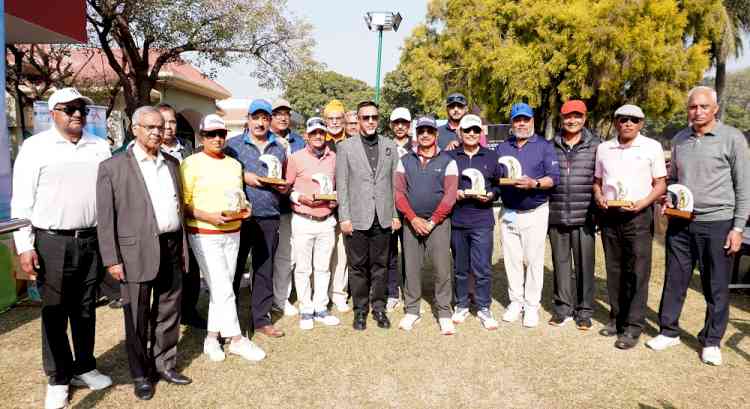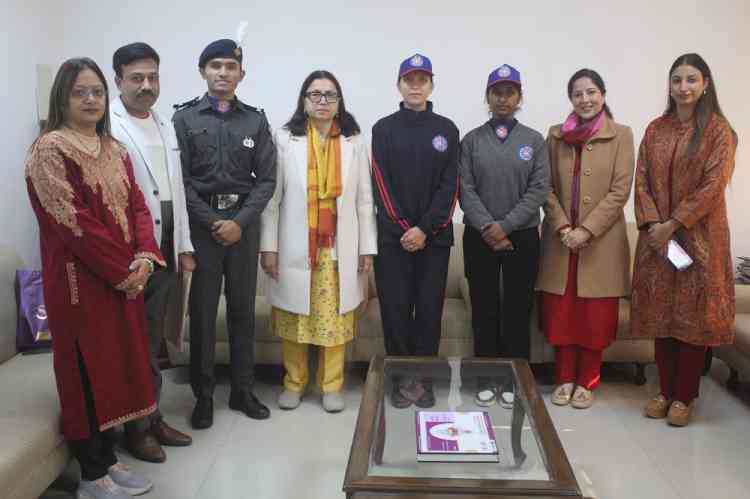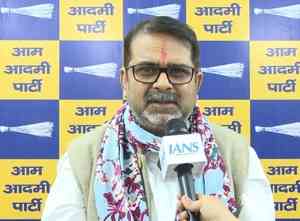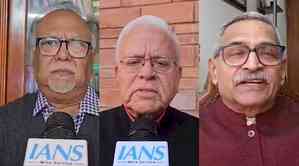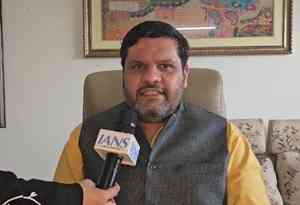Webinar on ‘Importance of COVID 19 Testing For Return to Work’
The event was organised by ASSOCHAM

New Delhi: The number of positive cases which was around 20 percent till last month has come down to less than 4 percent now, this was possible only because of timely detection and treatment all across the country, this would also be instrumental in reducing the negative impact of the third wave of the pandemic in India stated Dr Anil Kumar, Deputy Director General of Health Services, Government of India at the webinar – ‘Importance of COVID 19 Testing For Return to Work’ organised by The Associated Chambers of Commerce and Industry of India (ASSOCHAM).
Speaking at the virtual event, Dr Kumar mentioned that the level of testing and the speed at which the results are analysed would help in the early detection of the infection and the same can be treated early.
“This would help in reducing the transmission of the virus to others. The government agencies too can use this data to determine the level of infection in a particular locality and also take corrective measures to tackle the same,” Shri Kumar mentioned.
According to Dr Kumar, there are more 2500 active laboratories actively working on the testing of these cases.
“Almost 70 percent of these laboratories with their branches belong to the private players which is a good thing as it is helping in early detection of the cases. We believe that early detection coupled with vaccination would help in reducing the impact of the third wave,” he said.
Abhimanyu Roy, Executive Director, Avalon Consulting mentioned that the work from home option is not a possibility for a large section of the society.
“There are still a majority of the work force out there who would still need to go out to work like the manufacturing or the construction sector. So this concept is not feasible for all the industries in the country,” he said.
Mr S Y Siddiqui, Executive Advisor, Maruti Suzuki India informed that companies who would want their employees to return to work needs to have a very careful approach towards handing their operations.
“The approach should not be on building their operations, but be towards taking care of their employees. The top priority should be towards the health of the employee,” he said.
He also explained that the responsibility of the company should not be just towards their own employees but also to the community and the government.
“Our own company was earlier involved in the manufacturing and supplying of ventilators used for the treatment of these COVID cases. Now we are looking at how to boost the manufacturing of oxygen generator plants,” he said.
Mr Vijay Nair, VP, Employee Relations, Mahindra and Mahindra that today most companies have stopped relying on traditional structures and have completely adopted digital technology to take decisions.
“So we have more of flexible workplaces and have a majority of our staff working from remote locations. Never in the 37 years of my career, had I thought that a company involved in engineering would have its staff working from home,” he said.
Ms Sangeeta Gupta, Senior VP & CSO, NASSCOM explained that thought many companies have made plans to get their employees back to workplaces, but then the virus is totally unpredictable.
“The situation is still very critical. By vaccinations and COVID appropriate behaviour, many are looking to slowly open up their work places post September. By the end of July, many are expecting majority of their workforce would get vaccinated. We have similar plans, but we like others also have plans behind those plans,” She said.
Dr Ravi Gaur, Director, Oncquest Labs explained that people were always at work even during the pandemic, now they just have to reorganise themselves to go back to their work place.
“One of the reasons for the second wave is that people just did not adhere to COVID appropriate behaviour. But now testing too has undergone a lot of changes. This has added to a lot of hope,” he said.
He added that the results of the tests which would take 24-48 hours earlier now can be done in just 8-10 hours, so early detection helps in timely prevention of further transmission.
Mr Anubhav Kumar, Head Strategy, Boeing India explained that their company is working on futuristic technology for disinfecting airplanes which would prevent microbes from transmitting to passengers.
“We have also offered $10 million emergency aid to India in our support to the country’s response against the second wave. We just did not offer aid, but also helped set up medical facilities with 100- 200 beds in states like Uttar Pradesh, Tamil Nadu and Chhattisgarh,” He added.
Ms Urvashi Singh, Sr. VP- HR, Genpact India explained that the pandemic has changed the future of working everywhere in the world. “It is never going to be a 100 percent work environment now. People would have their employees at off shore, onshore and even working from home environment. However there would be some need for basic socialisation that some employees may come back to workplaces. At the moment, there is less than 5 percent of the staff who are doing that,” She said.
She explained that going forward as well, the health and safety of the employees would be the primary concern for businesses. “Almost 60 percent of the transmission is happening due to asymptomatic cases, so companies too are looking for strategies to tackle these issues before opening up their workplaces completely,” She informed.
Presence of appropriate technology platforms for COVID testing were also discussed during the seminar, It was agreed by all the participants that use of Rapid Antigen tests, Self-tests and other point of care solutions will have an instrumental impact in the Return to Work preparations.
Cdr Navneet Bali, Co-Chair, ASSOCHAM National Healthcare Council & Director, Northern Region, Narayana Health explained that the scale and the magnitude of the pandemic were such that no one could have been prepared for the same. “Most of the people getting infection were younger lot. We have to realise that uncertainty is the new normal now. But with some positivity in the environment, we need to come out with out-of-the box solutions to transit from out of home work environment to working from office workspaces,” he said.


 cityairnews
cityairnews 
